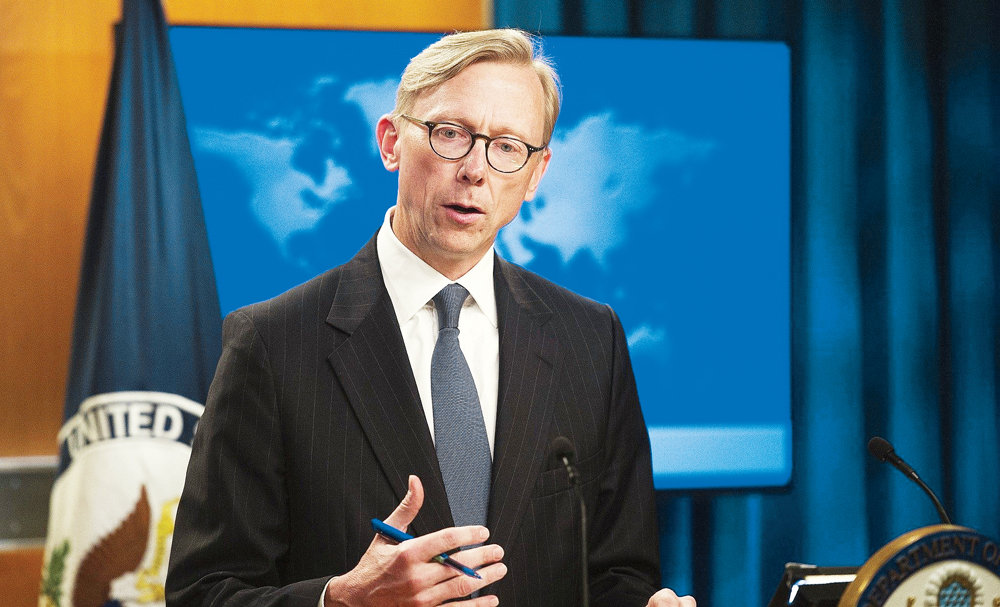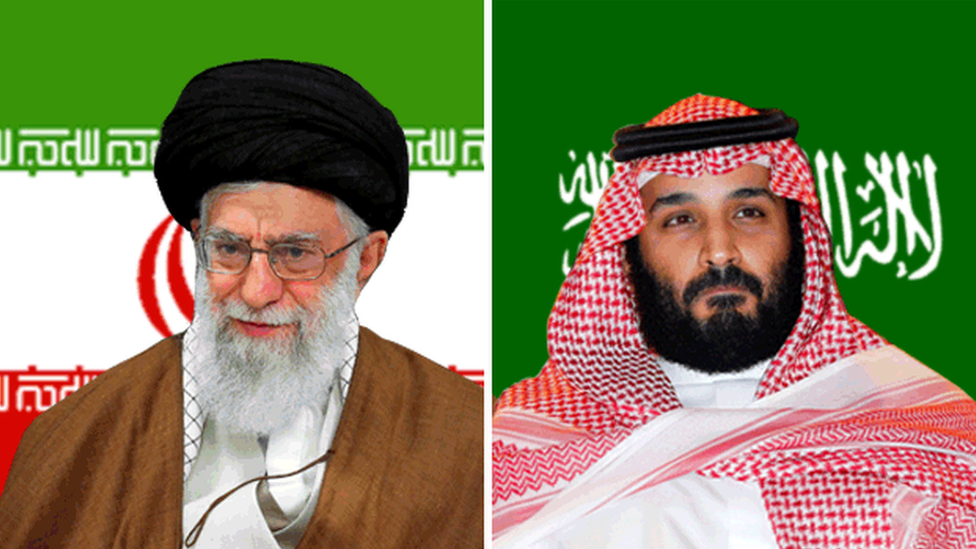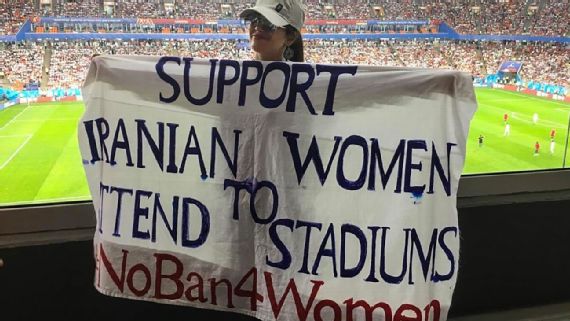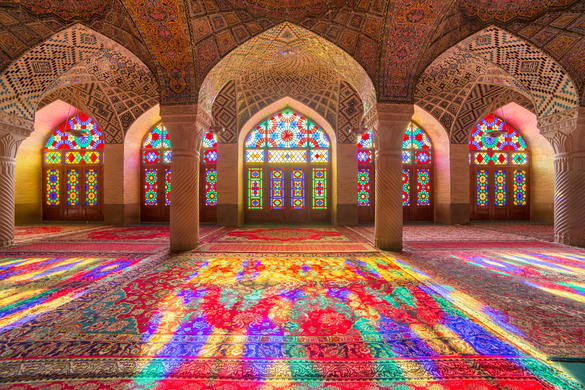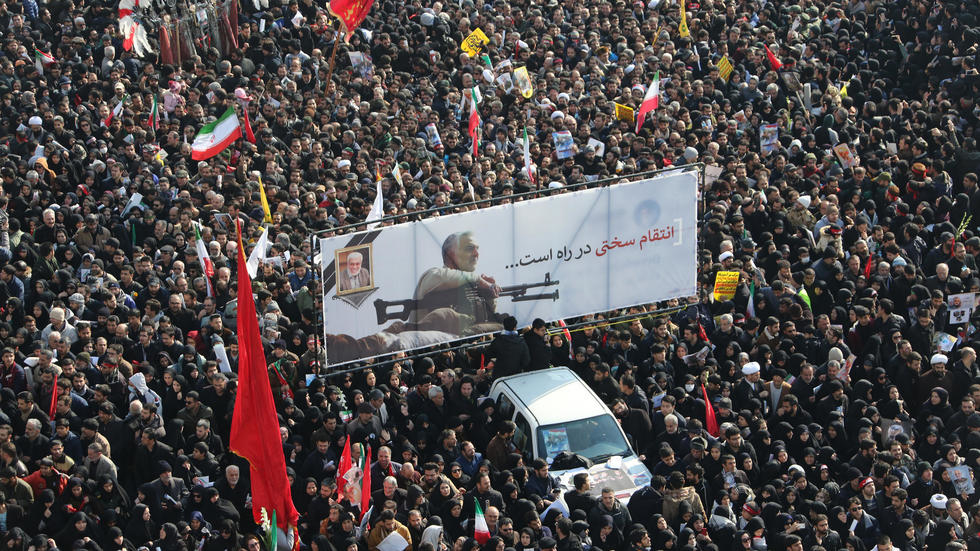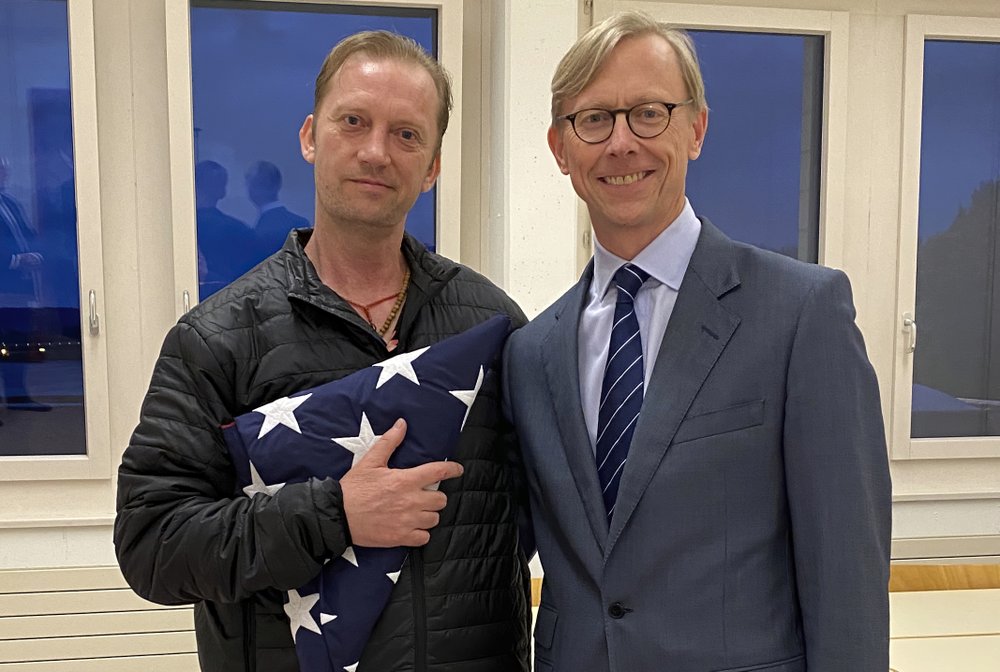Iran has banned women from attending live soccer matches since the 1979 Revolution, but six years ago Maryam Shojaei started fighting to change that. She has now been awarded the Stuart Scott ENSPIRE Award for her efforts. The award is named in honor of former ESPN commentator Stuart Scott, and celebrates people that have taken risks and used an innovative approach to helping the disadvantaged through the power of sports — qualities that Shojaei embodies.
For the last 40 years the conservative Islamic regime in Iran has banned women, 50% of the population, from attending men’s football games to protect them from “profane language” and “half-naked men.” Their love for the game has never wavered and Shojaei has fought both at home and internationally for change.
“It became clear after a while that there wouldn’t be any change within Iran. And I took my activism abroad — I went to matches all over the world, held banners, got the attention of the media and the federation. I recognized it had to be a global movement,” she told ESPN on June 18.
“Slowly, when they realized I am not going anywhere, the focus became about how to change this unwritten rule in Iran.”
Anonymously at first in 2014, then vocally, Maryam Shojaei mounted a campaign after travelling to Canada to watch the FIFA Women’s World Cup in 2015. What started off on social media turned into a full blown crusade including a #NoBan4Women petition, holding protest banners at the FIFA World Cup in Russia, and putting sustained pressure on FIFA to let women watch internationals in Iran.
Long, Hard Fight for Change
The road was not easy, and even Shojaei’s friends questioned if her fight was worth it, pointing out that violence and bad behavior are part-and-parcel of football culture in Iran. Others questioned the importance female participation at football matches, when Iranian women face a raft of gender-based discrimination and challenges.
“They say that even if the stadium is open for women today, they won’t take their wives and mothers there because they know what kind of atmosphere exists there.”
“My response to that always is, ‘This can happen on the streets, this can happen everywhere,’ and that the atmosphere is that way because it’s a one-gender environment,” said Shojaei who is also the sister of Iran’s national captain, Masoud Shojaei.
Incremental Success
She eventually achieved a victory in October 2019 when Iranian women, for the first time in 41 years were allowed to attend the FIFA World Cup qualifier between Iran and Cambodia in Tehran. It was a huge success, with the initial 3,500 ticket release selling out. Even with another 1,000 tickets sold, despite finally getting a foot in the door, women still only made up around 5% of the crowd at that match.
“These changes — toward the stadium ban it was a big step, but toward equality it is a small step. It wasn’t the biggest problem for Iranian women. We have other problems that need to be solved. But still, it was a big step because that was the first victory. I was proud of myself and so many Iranian women who fought the stadium ban.”
FIFA President Gianni Infantino says the sport’s governing body is still pushing Iran to open up domestic football matches, not just internationals, to female soccer fanatics. “There can be no stopping or turning back now,” the peak body said in October 2019.
“FIFA now looks more than ever towards a future when ALL girls and women wishing to attend football matches in Iran will be free to do so, and in a safe environment.
Shojaei says her activism was sparked by a terrifying incident from her childhood, during the Iran-Iraq war.
“I was 4 when the war between Iran and Iraq [1980-88] started. On the first day of the war, our home was destroyed. None of us were home. Otherwise, all of us would be dead. That’s probably why I speak out when I see something unfair — like with the violation of basic women’s rights and peace.”
It seems that things are in fact looking up and change is coming from a surprising source within Iran itself — the men.
“About 10 months ago, an Iranian stadium was packed — of course all with men. I was very moved by what they said in [Azeri],” Shojaei said. “One half of the stadium said, ‘We are missing our Iranian women,’ and the other half responded by saying, ‘It’s their right.’ I was so moved.”
“For Iranian men and for other countries where women are treated as second-class citizens, the men could take advantage of the privileges they have. But in this case, they were complaining about inequality and underscoring women’s rights, which was very precious to me.
“When the oppressors take a stand for the oppressed, it’s more powerful.”

